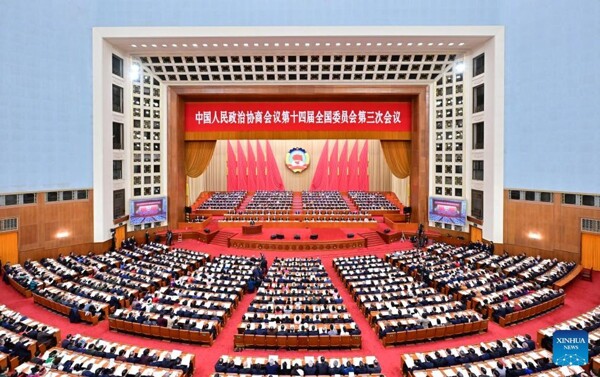
China has decided to add 15 American companies to its export control list in response to the addition of 15 U.S. entities to China's export control list. The spokesperson for China stated that the country has always handled the issue of its unreliable entities list with caution, targeting only those foreign companies that pose risks to national security.
In a statement, the Chinese Ministry of Commerce announced that starting March 10, additional tariffs will be imposed on some imported products from the United States. Moreover, U.S. companies such as TCOM, Limited Partnership and Teledyne Brown Engineering, Inc. will be affected by this measure, prohibiting them from conducting import and export activities related to China and also investments within the country.
The Ministry also pointed out that the export of dual-use items to the 15 companies, including Leidos and Gibbs & Cox, Inc., will be prohibited from now on. On the other hand, China has imposed a ban on the U.S. company Illumina, Inc. from exporting gene sequencers to the country after adding it to its list of unreliable entities.
Regarding relations with Europe, China has expressed its interest in strengthening cooperation in various fields and addressing global challenges together, opposing unilateralism and protectionism. Lou Qinjian, a Chinese spokesperson, highlighted the importance of China-Europe relations, emphasizing that both parties are partners contributing to mutual success.
The imposition of additional tariffs on U.S. imports such as chicken, wheat, corn, and cotton, as well as other products, is part of the measures taken by China in response to U.S. trade policies. China has stressed that these decisions are made to safeguard its sovereignty, security, and national interests, in accordance with its relevant laws and regulations.













